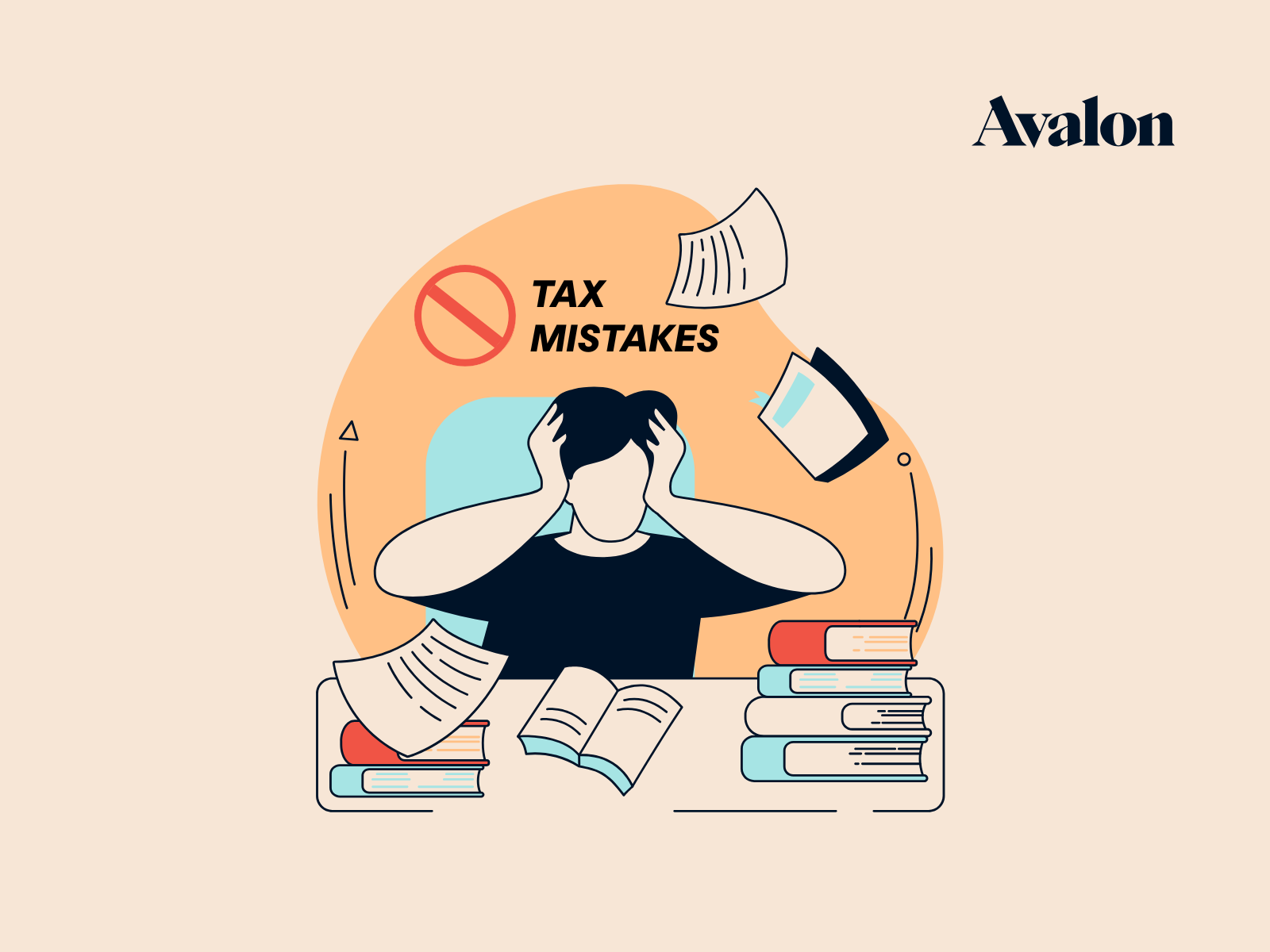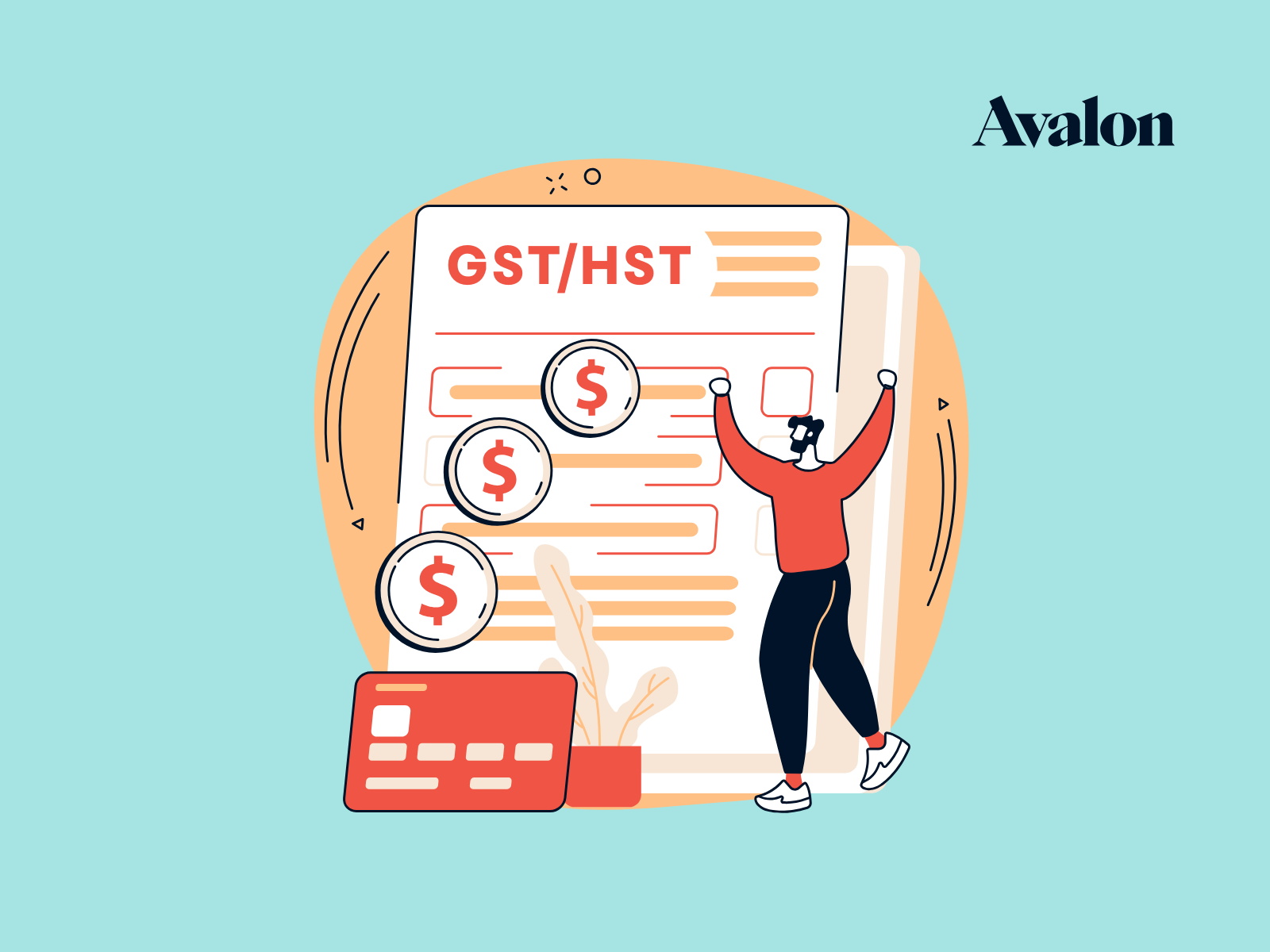Company Cars - Buying or Leasing an Automobile in a Corporation
In this article we're going to get into the important information that you should know when buying or leasing a vehicle in your Canadian corporation.
Read on below 📘 or Joe will walk you through everything in this video 👇
Business vs. Personal Use
When a vehicle is leased through a corporation, the company has the benefit of deducting the business-use portion of the lease payments and other vehicle operating costs.
Often, there is also a personal use component to the vehicle usage as well. If you are the business owner and use the corporate vehicle on a daily basis, it’s likely that you’ll be using it for more than just business trips.
Even trips from your home to your place of work are considered personal use.
Here are some general examples to clarify business vs. personal use:
- Drive from your home to your office to start work for the day - Personal Use
- Drive from your office to a client’s place of work - Business use
- Drive back to the office from the client’s place of work - Business use
- Drive from the office to Office Depot to buy some staples for work - Business use
- Drive from the office to the grocery store to buy dinner for your family - Personal use
- Drive home from the office at the end of the day - Personal use
Personal use of the company vehicle can result in a taxable benefit being allocated to you.
Common Scenario - Corporate Vehicle Used for Personal and Business
A common scenario is that the company pays for 100% of the vehicle’s costs, including fuel, insurance, repairs etc.
When the owner uses the vehicle for personal use as well as business use, some of those expenses must be removed from the company’s books. This is because we can only deduct expenses related to business use.
To do this, the owner can find out what percentage of the vehicle use is for personal use by keeping a log of KMs driven for each purpose. The bookkeeper or accountant can then reallocate the percentage of the costs that are related to personal use.
These personal use costs are typically recorded to the owner’s shareholder loan account instead of in the company as expenses. This means that the personal use costs are not deducted in the company and may create a taxable benefit for the owner.
If the owner pays himself through wages, this scenario could also result in a taxable benefit being added to his T4 slip. It shows up as a dollar amount on the T4 and the business owner would end up paying personal tax on that amount.
Taxable Benefits - Automobile Used by an Employee
In the last section we mentioned that an owner who pays himself through a corporation may have a taxable benefit for personal use of a company vehicle. This is true for both owner employees and also non-owner employees.
If a company vehicle is made available to an employee for personal use, then the employee is considered to have received a taxable benefit from their employer. In the eyes of the CRA, even driving to and from work with a company car is considered personal use!
The automobile taxable benefit is included in employment income on the employee’s annual T4 slip and is subject to payroll deductions including income tax, CPP and EI. There are two elements to the automobile taxable benefit: the standby charge and the operating benefit.
Standby Charge Benefit
The standby charge benefit recognizes that the employee is receiving a benefit by having an automobile made available to them during the year.
Generally speaking, the standby charge is calculated as
- 2% per month of the cost of the automobile, or
- ⅔ of the lease costs
The benefit is calculated with reference to the number of days that the automobile is made available to the employee in the year.
Note that this standby charge may be reduced if more than 50% of the vehicles mileage in the year is for business use and less that 20,004 km per year are driven for personal use.
Don’t worry too much if this is sounding like a foreign language. We’ll show you an example below using CRA’s simple calculator that you can use to calculate the taxable benefits.
Operating Cost Benefit
The operating cost recognizes that the employer has paid for all of the automobile’s operating costs throughout the year, even though it has been made available to the employee for personal use. This taxable benefit is also included in the employee’s income for the year, less any reimbursements made by the employee to the employer for the vehicle use.
The operating cost benefit is calculated as:
- The number of personal KM driven in the year
- Multiplied by the per kilometer rate (2021: $0.27/km 2022: $0.29/km).
If the employee uses the automobile primarily (at least 50%) for work related purposes, the operating benefit may be reduced. The reduction is calculated as “50% of the standby charge less any reimbursements”.
CRA Employee Automobile Benefits Calculator
The Canada Revenue Agency has an online automobile benefits calculator that you can use to estimate these taxable benefits.
You will need the following information to calculate the taxable benefits:
- The vehicle purchase or lease costs
- The length of time the vehicle was made available to the employee in the year
- The mileage driven by the employee (total KMs and personal use KMs)
- Any amounts reimbursed to the company by the employee
The calculator computes the expected taxable benefit for the employee.
Check out the video below showing how the CRA automobile benefits calculator works.
In the video example you’ll see two scenarios. One where the employee used the vehicle less than 50% for personal use and one where the employee used the vehicle more than 50% for personal use.
There is a drastic difference in the taxable benefit amount between the two scenarios. This is because the employee’s personal use of the vehicle was greater than 50% in the second scenario.
To illustrate this point even further, here are two quick examples using almost identical data. The only difference between the two is the personal use KMs.
The first example shows the taxable benefits when the personal use is 49.99% during the year. The second shows personal use as 50.01%.
Taxable Benefit - Employee Personal Use 49.99%
This example shows the standby and operating benefit calculations when an employee uses the vehicle less than 50% for personal use.
We've assumed total KMs driven of 20,000 and personal KMs of 9,999 in this scenario.

Total taxable benefit in this scenario is $8,298.09
Taxable Benefit - Employee Personal Use 50.01%
This example shows the standby and operating benefit calculations when an employee uses the vehicle greater than 50% for personal use.
We've assumed total KMs driven of 20,000 and personal KMs of 10,001 in this scenario.

Total taxable benefit in this scenario is $13,700.29
You can see how much difference it makes when the employee's personal use is greater than 50%. This is something to keep in mind for business owners who allow employees (including themselves) to use a company vehicle.
Give it a try for yourself to see the differences. The calculator works really well and shows you how each benefit is calculated under the given scenario.
Corporate Tax Deductions
Next we’ll talk about tax deductions related to vehicles owned within a corporation.
If the corporation decides to lease an automobile, it will be able to deduct the monthly lease payments on its corporate tax return up to a limit of $1,050/month +GST/HST (as of 2024).
If the vehicle is purchased, the first $37,000 of the automobile’s cost can be depreciated on the corporate tax return under the capital cost allowance program (as of 2024).
In addition, the corporation can also deduct the operating expenses incurred to operate the vehicle such as:
- Licensing and registration costs
- Fuel and oil
- Insurance
- Repairs and maintenance costs
The company can also deduct the full amount of parking fees related to business activities.
More information on claiming motor vehicle expenses can be found here if you're interested in a thorough list of expenses.
A few key things to remember about deducting vehicle expenses is that they have to be incurred for business use, they must be reasonable amounts and they must be documented well (receipts, vehicle log books, etc.).
Expense Documentation and Mileage Tracking
Anytime vehicle costs are being claimed for tax purposes, it's important to document the expenses and vehicle use.
The CRA has very specific requirements on what it may ask for as proof of the expenses and the vehicle’s use. The CRA website does a good job of explaining what information it requires; you can view those requirements here.
The required documentation includes the use of a logbook for the vehicle in question.
The information to be kept in a log book includes:
- The date of each trip taken
- The destination of the trip
- The purpose of the trip
- The number of KMs that were driven
While it can be a pain, it’s important to comply with these requirements in case CRA ever asks for supporting documentation.
You can keep a physical logbook in the company vehicle, or use a mobile app to keep track of this information.
Some of the more popular mileage tracking apps include
There are lots more, but these are some of the common ones that we’ve seen.
Zero-Emission Vehicles
It’s been great to follow the evolution of zero-emission vehicles - AKA electric cars.
If you are interested in purchasing a zero-emission vehicle for your business, there are a few incentives out there right now that are worth checking out.
If you lease an eligible vehicle, you can qualify for a federal rebate of up to $5,000. Also, if you buy one of the eligible vehicles, you can get a 100% write-off in the year of purchase (as opposed to 15% for a normal vehicle).
It's important to note that you can get the rebate or the tax write-off, but not both. More information on this new program can be found here.
Corporate Vehicle Frequently Asked Questions
For quick reference here are the most frequently asked questions we get about corporate vehicles.
Can a Corporation Buy a Car in Canada?
Yes, corporations can purchase vehicles in Canada. They are considered assets of the company and are depreciated over their useful life using applicable CCA rates.
How to Buy a Car Under a Corporation
The process of purchasing a car within a corporation is as simple as using corporate funds and registering the vehicle in the name of the company.
The tax treatment of a purchased corporate vehicle can be complex so we recommend reading the rest of this article so you’re informed and discussing with your tax accountant before taking action.
How to Lease a Corporate Car or Truck in Canada
Leasing a car within a corporation is as simple as paying with corporate funds and registering the lease in the name of the company.
The tax treatment of a leased corporate vehicle can also be tricky so as you may have guessed we recommend reading the rest of this article and discussing with your tax accountant before taking action.












